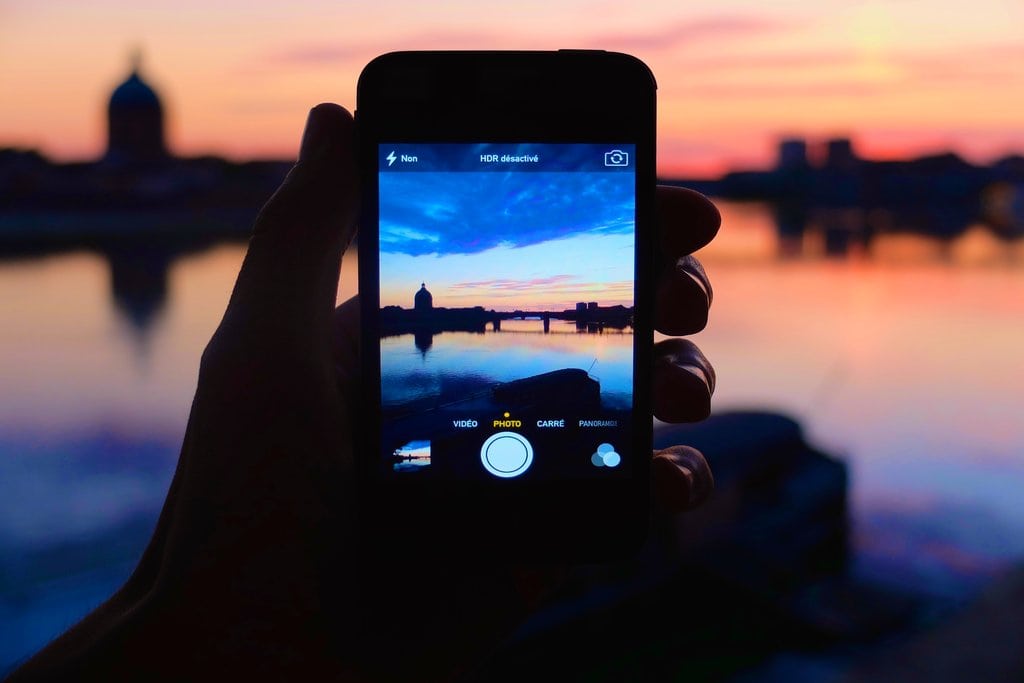Skift Take
Being a digital savvy hotel brand goes beyond just having a social media account. Brands that truly understand digital brand strategy in all its forms, from mobile and SEO to social and e-commerce, have the upper hand as more and more consumers demand these platforms and services.
New York-based brand consultancy firm L2 released its annual list of the most digitally savvy hotel brands in the upper upscale and luxury sectors, and for the second year in a row, Marriott Hotels took top honors as a “genius.” Okura Hotels & Resorts ranked lowest among 55 brands for its “feeble” digital competence.
In L2’s “Digital IQ Index: Luxury Hotels 2016,” Marriott led the pack with a score of 140 (Genius). Marriott was lauded for its Travel Brilliantly microsite that encourages guests to submit user-generated content, its mobile site and mobile app, and its online Marriott Traveler magazine. Marriott’s sister brand The Ritz-Carlton ranked sixth.
Hilton Hotels & Resorts ranked second with a Gifted score of 137, thanks to its “@Play” loyalty campaign that allows members to redeem points or bid on access to exclusive concerts, sporting events, and culinary experiences. Sister brand Waldorf-Astoria, also Gifted, came in eighth.
Mandarin Oriental Hotel Group ranked third with a Gifted score of 132. L2 noted the brand’s ability to integrate user-generated and ambassador content across multiple platforms, as well as its strong mobile site.
Of the top 19 hotel brands listed, however, Starwood Hotels & Resorts dominated the list in terms of presence. Six of its brands were ranked as Gifted, with W Hotels, Westin, and St. Regis in the top 12. However, Hilton’s three brands, which include Waldorf Astoria and Conrad Hotels, gave Hilton Worldwide a stronger average Digital IQ index score of 122, whereas Starwood’s average score was 120.
Okura Hotels & Resorts was ranked at the very bottom of the list with a score of 59 (Feeble) because it “has yet to really invest in digital initiatives outside of nominal investments in Facebook, site booking, and loyalty email marketing.”
Scoring classifications for the Digital IQ scores were as follows: Genius (140+); Gifted (110-139); Average (90-109); Challenged (70-89); and Feeble (70 and below).
Here are the top 12 hotel brands and their Digital IQ scores:
1. Marriott (140)
2. Hilton (137)
3. Mandarin Oriental (132)
4. InterContinental Hotels & Resorts (128)
4. W Hotels (128)
6. The Ritz-Carlton (127)
7. Westin Hotels & Resorts (122)
8. Waldorf-Astoria Hotels & Resorts (121)
9. Fairmont Hotels & Resorts (120)
9. Four Seasons Hotels & Resorts (120)
9. Shangri-La Hotels & Resorts (120)
9. St. Regis Hotels & Resorts (120)
The scores were determined by site and e-commerce (30 percent); digital marketing (30 percent); social media (10 percent); and mobile (30 percent).
Compared to last year’s report, more brands have responded to consumers’ increasing demand for mobile access: 91 percent of brands on the index now have a mobile-optimized site via smartphone, compared to 84 percent in 2015.
More brands are also investing in post-booking features and content geared toward trip-planning. At least half of all brands on the list offer some type of local destination guide compared to 42 percent last year.
Sam Lee, L2 research lead, said Marriott’s mastery of user-generated content extensions was particularly compelling. “Marriott has a separate website that basically solicits travel ideas from guests,” Lee said. “It’s not just asking them how to improve service but crowdsourcing actual revenue ideas.” He said one guest used the site to suggest the ability for loyalty members to earn Marriott Rewards points for visiting the bar at their local Marriott properties, as an example.
Digital investments are a big priority for Marriott International. The company has its own Content Studio, which has developed a variety of digital, branded products including a popular short film series on Youtube, “Two Bellmen,” for its JW Marriott Hotels brand. Lee said Marriott’s Content Studio is generating “long-term brand equity” similar to what established brands like Nike have done previously.
Interestingly, the JW Marriott brand ranked “average” in 20th place on L2’s list because of its “below-average booking process efficiency and ongoing lack of customer service from the brand site.”
The Challenged and Feeble
Here are the 10 lowest-ranking hotels, which fell into either the Feeble or Challenged categories.
55. Okura Hotels & Resorts (59)
54. Nikko Hotels International (62)
53. Warwick International Hotels (63)
52. Worldhotels (66)
51. Langham Hotels & Resorts (68)
50. Joie de Vivre Hotels (74)
49. Raffles Hotels & Resorts (78)
47. Pan Pacific Hotels & Resorts (80)
47. Anantara Hotels & Resorts & Spas (80)
44. Rosewood Hotel Group (81)
Common problems plaguing these brands were underinvestment in social media platforms (Langham was noted by L2 has having an “absence on Instagram,” for example, although it does have an account) and a lack of an account or loyalty program.
Have a confidential tip for Skift? Get in touch
Tags: branding, hilton, mandarin oriental, marketing, marriott, starwood
Photo credit: Engaging with consumers through image-sharing platforms like Instagram and VSCO is a digitally savvy marketing strategy among hotel brands. Maxime Raphael / Flickr
